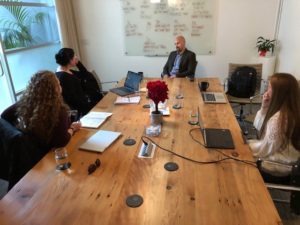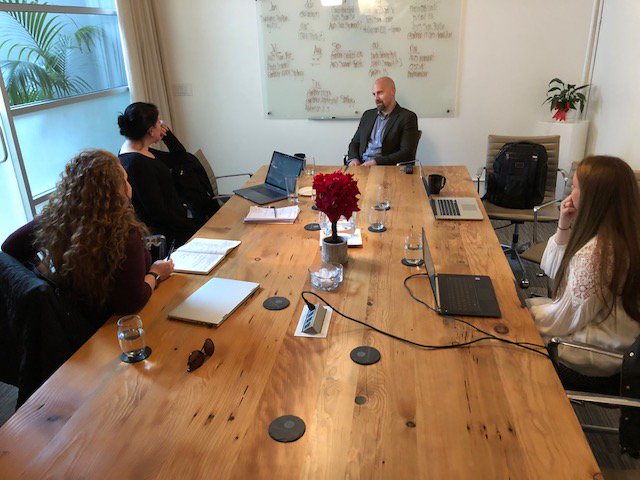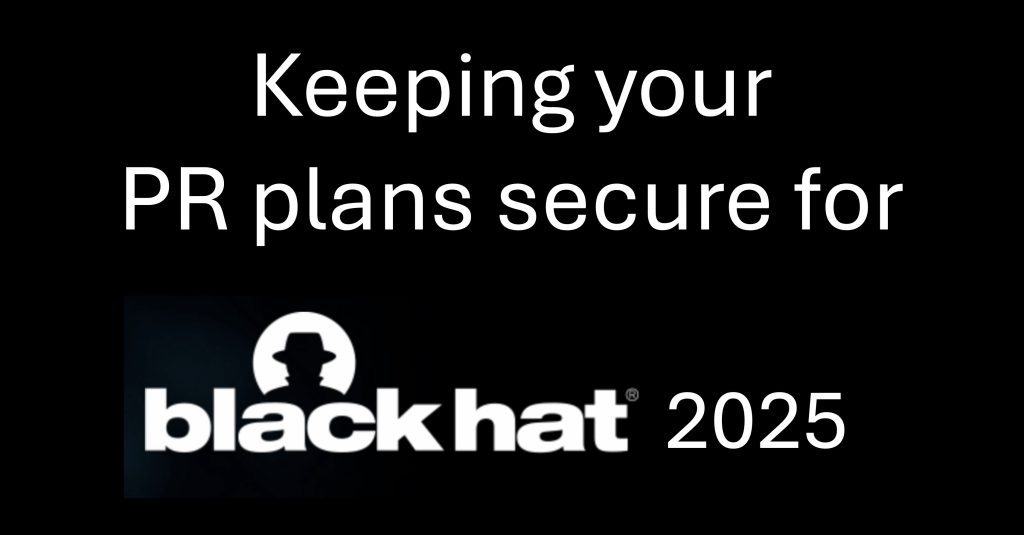
In the agency world, we often see clients come and go; it’s a part of the industry. With each new client, we go through a complete onboarding process, setting the tone for the relationship.
While it’s tempting to jump right into the hustle and bustle of the news cycle to drive results for a new client, we have to be cautious to get started off on the right foot to achieve the best results.
Bospar has grown significantly since I began my career here. I’ve worked closely with my teams to onboard new clients, ranging from Series A-funded startups to multibillion-dollar public companies. Each company and every client contact have a unique PR need.
The most important aspect of onboarding new clients is setting expectations; this will ensure that each side of the relationship is on the same page.
To kick off a new client engagement, I recommend the following best practices:
- Schedule an introductory meeting with the client to present the full team. This gives your client the opportunity to know them as individuals, rather than as the “PR company.” Provide details about each of their roles and how they will support the client and the program.
- Make sure you have a clear grasp on what your client agreed to in the new business process. Confirm that the different program elements needed to achieve these goals are integrated into your team’s ongoing efforts and planning.
- Dive into the general administrative, reporting and monitoring basics necessary to have a good sense of progress and ongoing client expectations.
- Discuss the primary focus of the PR program with your client and take the time to address their storylines, media focus, relevant industries and “dream” wins. Knowing exactly what a client desires from their PR program will provide the team with an ongoing objective to meet — and exceed — their expectations.
- Take the time to get to know the company’s business, messaging, media/analyst history, products/services, existing content, executives and competitor landscape.
- Work with your client to coordinate and schedule onboarding sessions with multiple parties in their organization. It’s always helpful to receive a product demo, as well as an introduction to their company, including how the company got started and an executive history. Take a deep dive into their technology and get insights into their customers and partners.
- Get all of your “dumb” questions answered early in the relationship — there’s nothing worse than having to go back to a client months into the engagement after realizing you never discussed a particular element of their business that is important to their PR success.
- Finally, develop a PR plan that outlines all the key objectives, activities and upcoming initiatives discussed previously. This will ensure that everything is moving forward and that the client is seeing consistent results each month.
Every client has a unique situation, and a successful PR
program hinges on many factors. There will be a process of learning
about your clients along the way, and there will be surprises. The better you
know them from the beginning of the relationship, though, the easier it will be
to adapt.
By using these tips, along with your best judgement based on client dynamics, personality and initial expectations, you’ll serve your client’s needs and be the PR team that they need for success.



